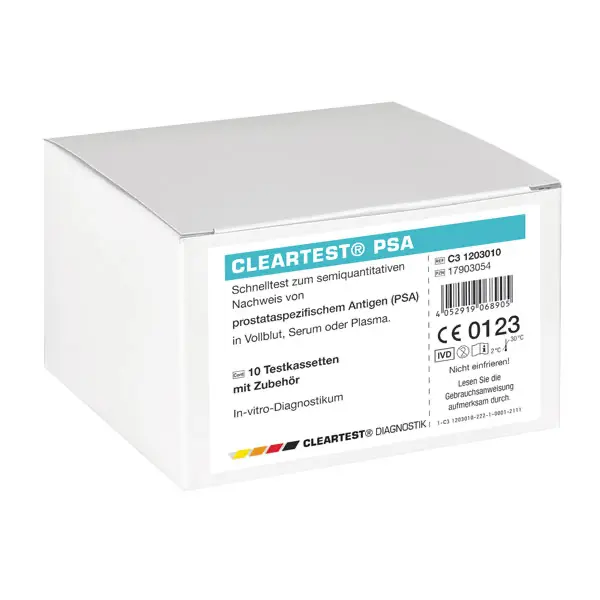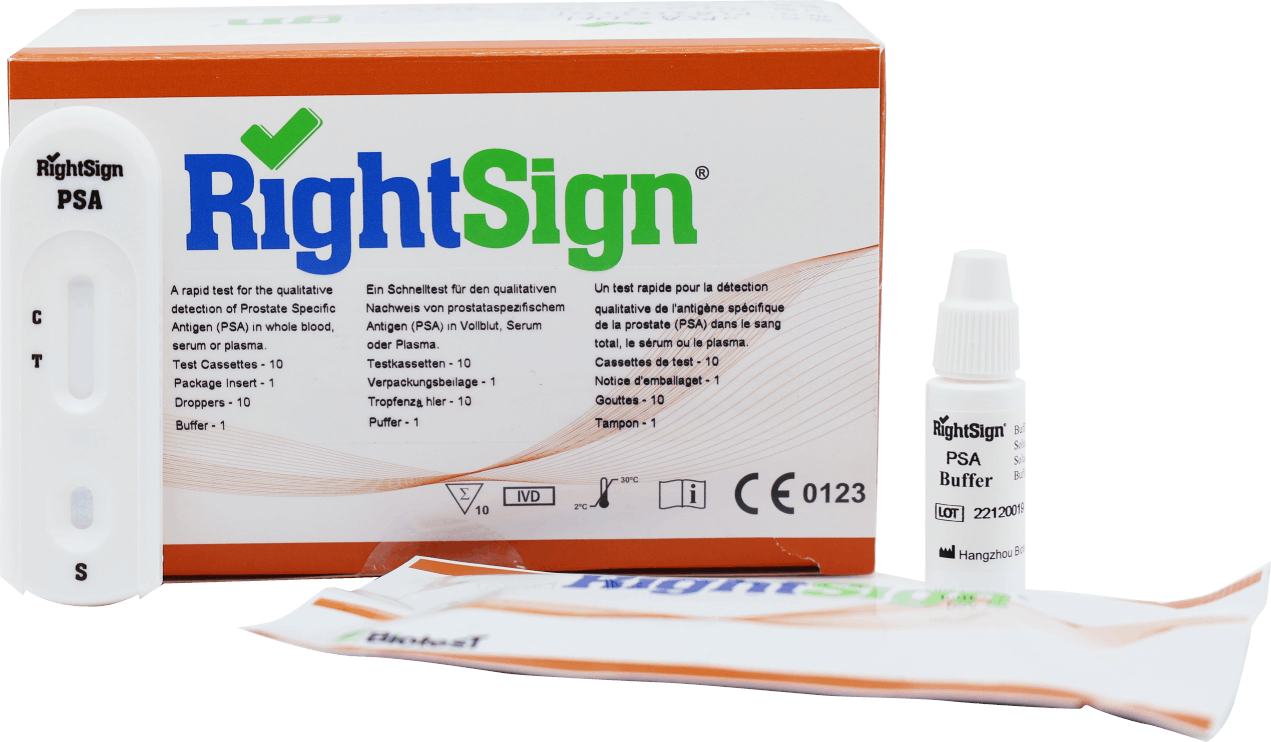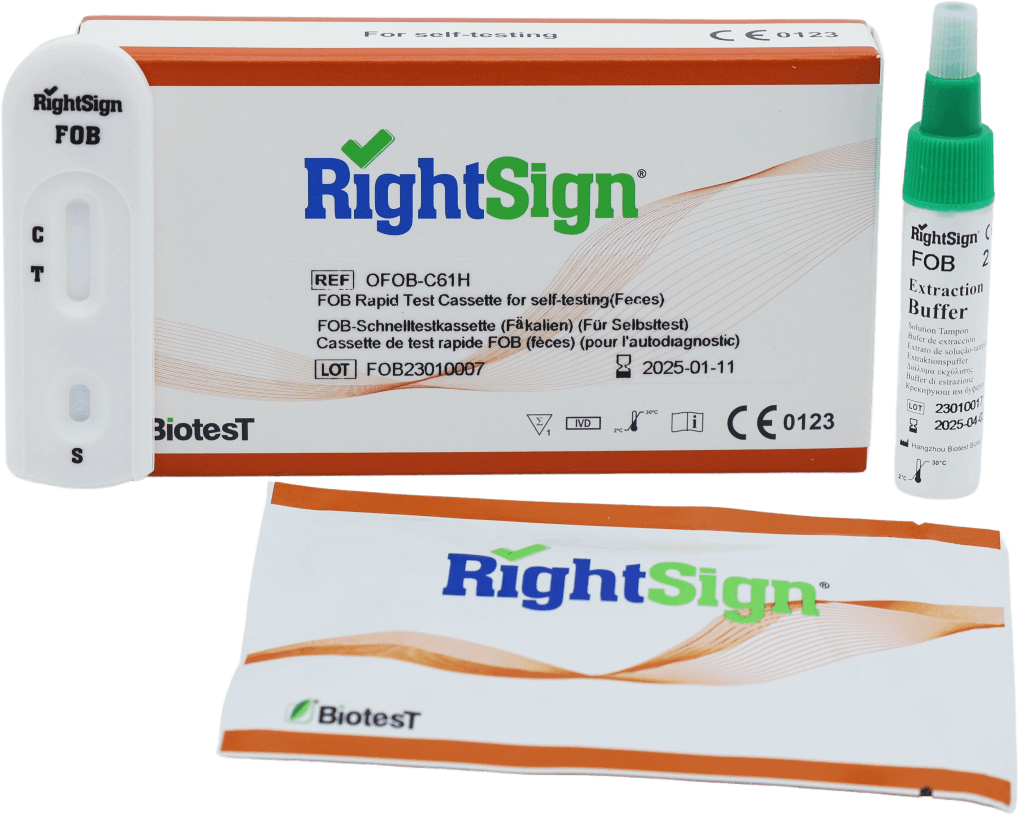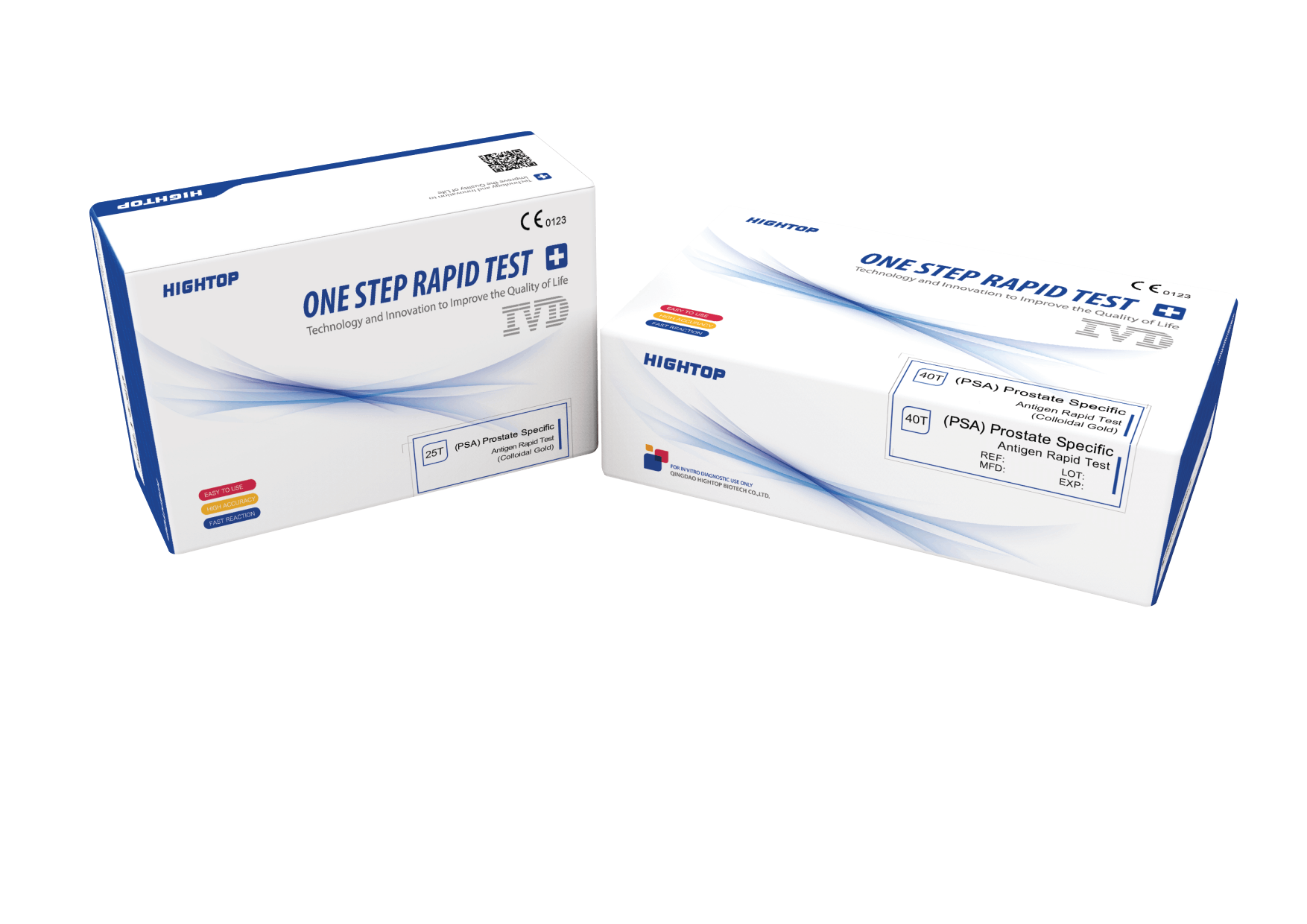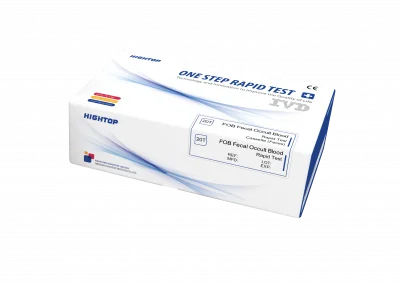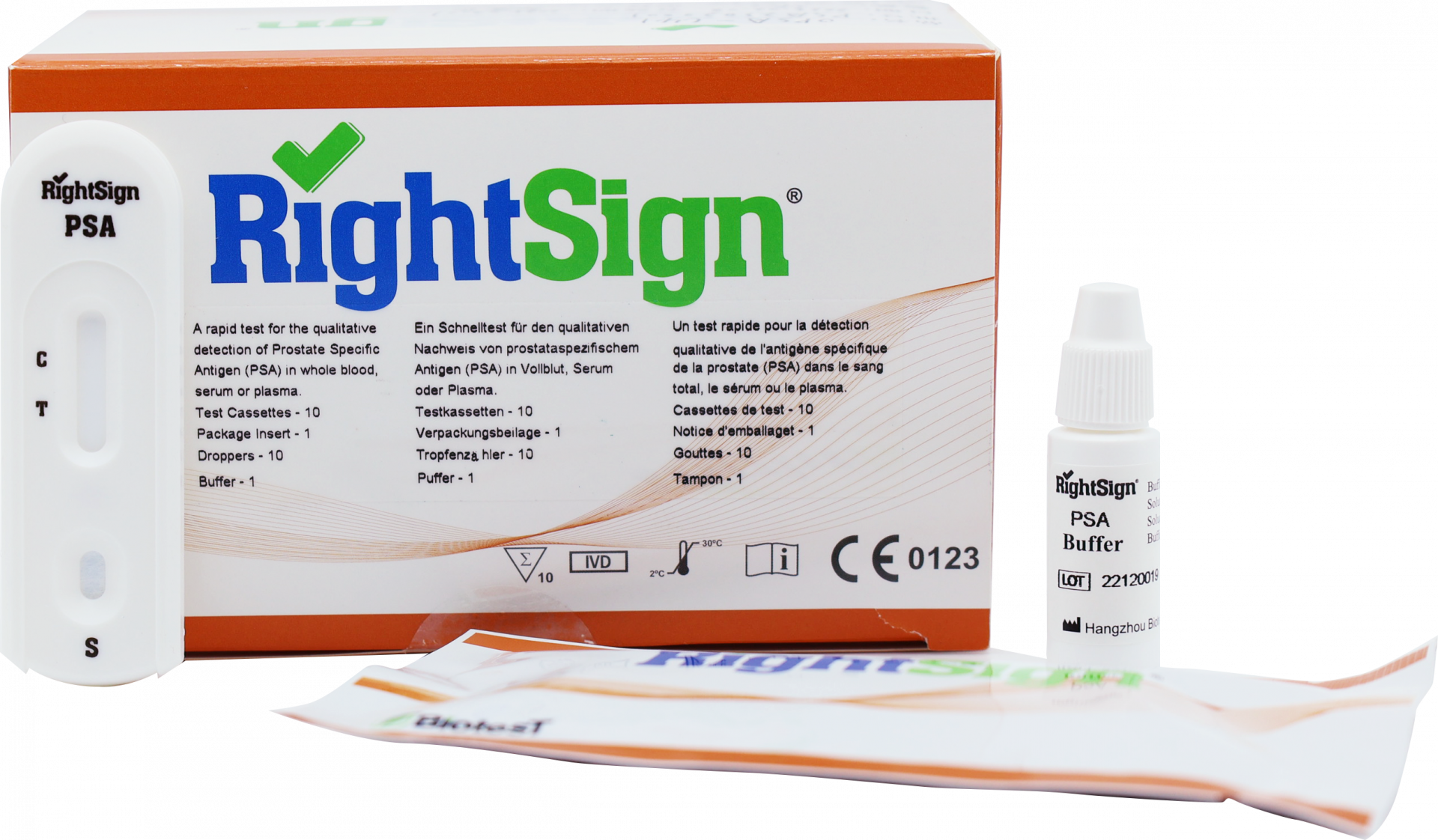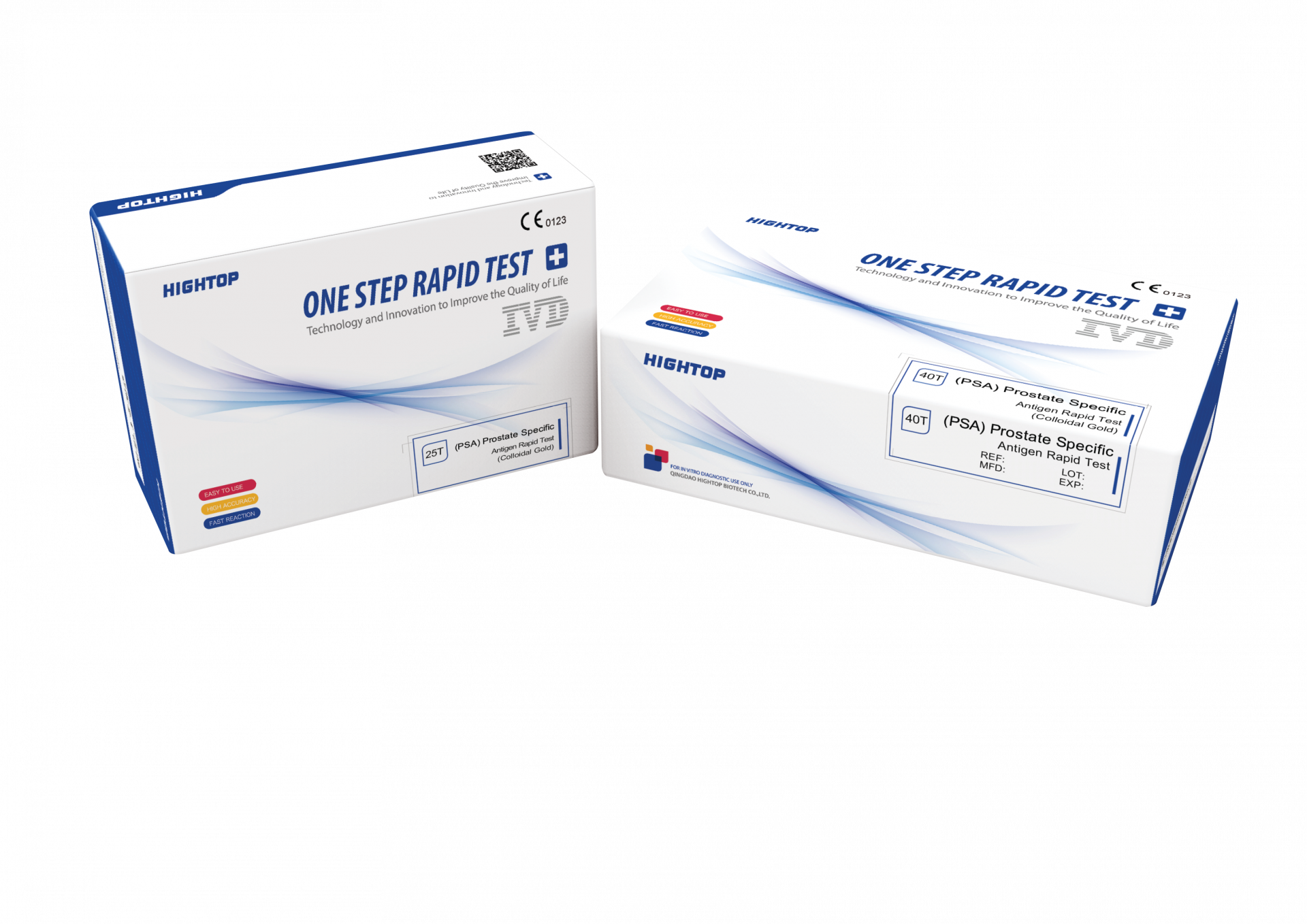Buy Tumor Marker Tests
Our tumor marker tests at OdemShop provide valuable support in diagnosing and monitoring various types of cancer. They are an essential tool for effective disease control.

Tumor Marker Test Kits
In the field of oncology, the introduction of tumor marker test kits has significantly enhanced our capabilities in cancer detection and monitoring. These kits, which detect biomarkers produced by cancer cells or in response to cancer in the body, are vital for clinicians in diagnosing and managing different types of malignancies.
However, interpreting tumor marker test results requires a nuanced approach. Benign conditions, variations in measurement techniques, and patient variability can affect the results. Despite these complexities, the role of tumor marker test kits in the diagnostic landscape is undeniable.
To truly appreciate the impact of these kits, it's essential to recognize both their efficacy and limitations. As professionals invested in the future of cancer care, it's our responsibility to ensure these tools are used to their fullest potential, considering all the critical factors to optimize their clinical utility.
What are Tumour Markers?
Tumour markers are substances, often proteins, that are produced by cancer cells or by the body in response to cancer, and can be detected in blood, urine, or tissue samples. These markers provide critical information and can aid in the diagnosis, monitoring, and management of cancer.
Understanding the various types of tumour markers and their relevance to specific cancer types is pivotal for the effective application of tumor marker test kits in clinical settings.
Types of Tumour Markers
Tumor markers are substances, often proteins, that are produced by the body in response to cancer growth or by the cancer tissue itself, and they can be detected in the blood, urine, or tissues of individuals with certain types of cancers.
- Prostate-Specific Antigen (PSA): For prostate cancer.
- CA-125: Ovarian cancer indicator.
- Alpha-fetoprotein (AFP): Liver and testicular cancers.
- Human Chorionic Gonadotropin (hCG): Germ cell tumors.
Use of Tumour Markers in Cancer Diagnosis
Detecting the presence of specific markers in bodily fluids can aid physicians in diagnosing cancer, as these biomarkers often correlate with particular types of malignancies. Tumor marker tests can help determine tumor marker levels, which, when elevated, may suggest a specific type of cancer.
This information is crucial for an accurate cancer diagnosis, guiding treatment decisions and monitoring the effectiveness of therapy.
Known Tumour Markers for Specific Cancer Types
Various cancer types are associated with specific biomarkers that serve as indicators of the disease, commonly referred to as tumour markers. These biomarkers are critical for the targeted tumor marker test.
- Breast Cancer: CA 15-3/CA 27.29, HER2/neu
- Prostate Cancer: Prostate-specific antigen (PSA)
- Colon Cancer: Carcinoembryonic antigen (CEA)
- Ovarian Cancer: CA 125
These markers aid in monitoring treatment efficacy and disease progression in specific cancer types.
Significance of Tumour Marker Levels
Biomarkers, as the molecular sentinels of physiological alterations, play a pivotal role in the detection and management of cancer by reflecting tumor presence, size, and response to treatment.
Significance of tumour marker levels is profound; high tumor marker levels can indicate malignancy. Tumor markers in common use guide clinical decisions, with tumor marker test results informing prognosis and therapeutic strategies.
Understanding the level of a tumor marker is crucial for patient care.
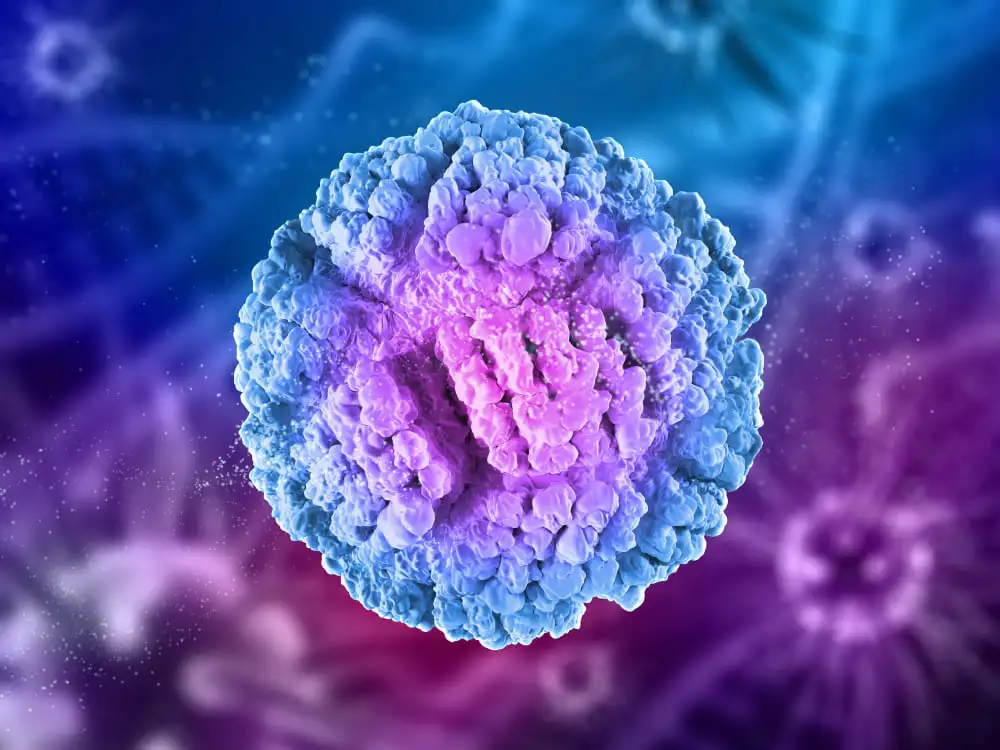
How is Tumour Marker Test Used in Cancer Diagnosis?
Tumor marker test kits play a pivotal role in the detection and management of cancer. They offer clinicians a tool to identify specific biomarkers associated with malignancies. These tests are tailored to detect particular markers that are indicative of different cancer types. This provides vital information that supports the diagnostic process.
However, while tumor marker tests can be instrumental, their interpretation requires careful consideration of their sensitivity and specificity. They must be evaluated alongside other diagnostic modalities given their inherent limitations.
Role of Tumour Marker Test in Diagnosing Cancer
In the landscape of oncology, tumor marker test kits serve as critical tools for the early detection and monitoring of cancer by identifying specific proteins or substances produced by malignant cells.
- Indicating the presence of cancer by elevated tumor marker levels.
- Helping to diagnose cancer when used alongside imaging and biopsy results.
- Guiding cancer treatment decisions based on specific tumor markers.
- Monitoring treatment efficacy and recurrence through periodic testing.
Specific Tumour Marker Tests for Different Types of Cancer
Building upon the foundational role of tumour marker tests in oncology, it is essential to understand how these tests are tailored to detect and monitor specific types of cancer.
Specific tumour marker tests identify substances produced by cancer cells or by the body in response to a particular type of cancer. This enables precise tracking of tumor markers across different types of cancer.
Interpreting Tumour Marker Test Results
Understanding the nuances of tumor marker test results is crucial for clinicians when making a cancer diagnosis or assessing the effectiveness of treatment.
- Higher tumor marker levels often indicate malignancy but require careful interpretation.
- Tumor markers may also reveal disease progression or recurrence.
- Interpreting tumor marker test results provides important information about a cancer's presence and nature.
- The use of tumor marker tests complements other diagnostic procedures, enhancing overall clinical assessment.
Effectiveness of Tumour Marker Test in Cancer Diagnosis
While interpreting tumour marker test results is key for clinical insights, the effectiveness of these tests in cancer diagnosis hinges on their ability to identify specific antigens or proteins that may be indicative of cancerous activity.
Tumor markers are substances whose levels, when elevated, suggest the presence of cancer.
Tumor marker tests can help doctors detect cancer early and monitor its progression, enhancing the use of tumor markers in clinical decision-making.
Limitations of Tumour Marker Test in Cancer Diagnosis
Despite their utility in monitoring disease progression, tumour marker test kits have inherent limitations that can impact their diagnostic accuracy for cancer.
- Non-Specificity: Tumor markers may be elevated in benign conditions, not enough to diagnose cancer.
- Early Detection: Limited utility in identifying cancer in its early stages.
- Variability: Inconsistent levels hinder interpretation of response to cancer treatment.
- False Results: Potential for false positives/negatives affects the use of tumor marker tests.
Where to buy Tumor Marker Test Kits in Bulk / Wholesale?
For businesses seeking to purchase Tumor Marker Test Kits in bulk, OdemShop offers a reliable and efficientwholesale distribution service to numerous European companies.
Tumor markers are substances, often derived from cancer cells or healthy cells, that can be detected in a sample of your blood.
Tumor marker tests can provide crucial information for cancer diagnosis and management, making access to bulk quantities essential for healthcare providers.



